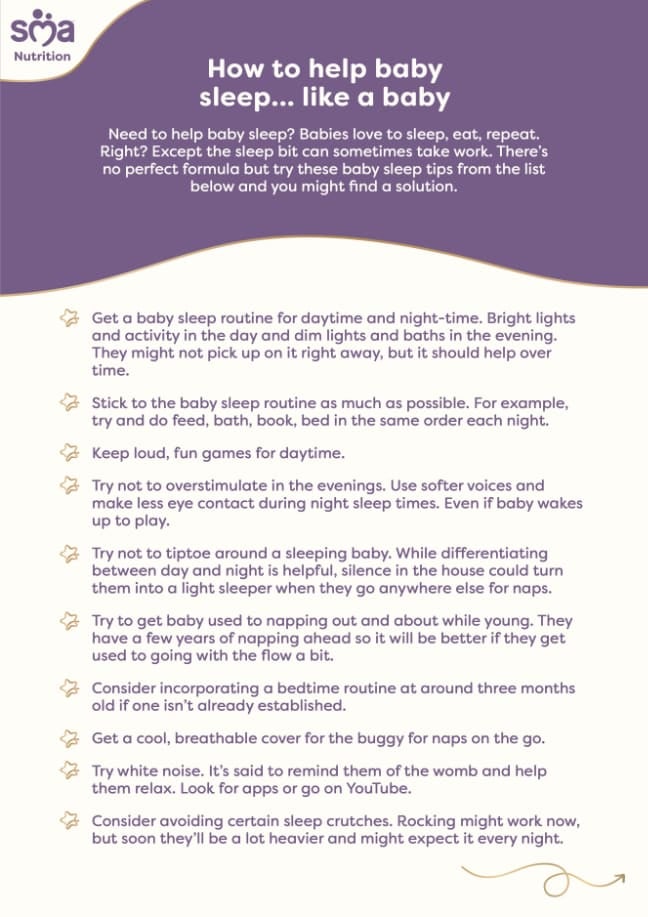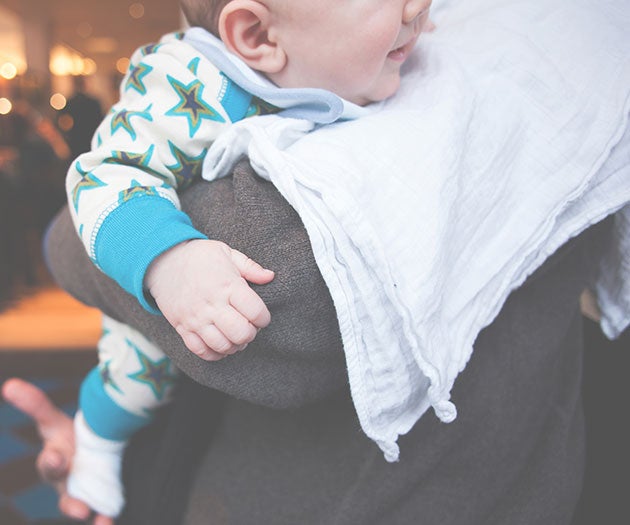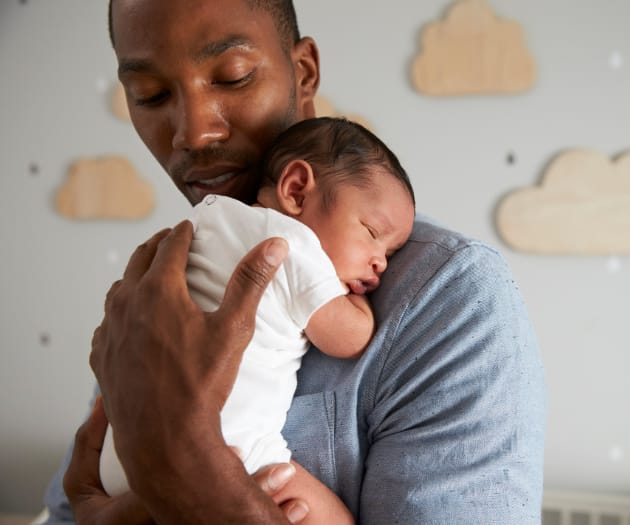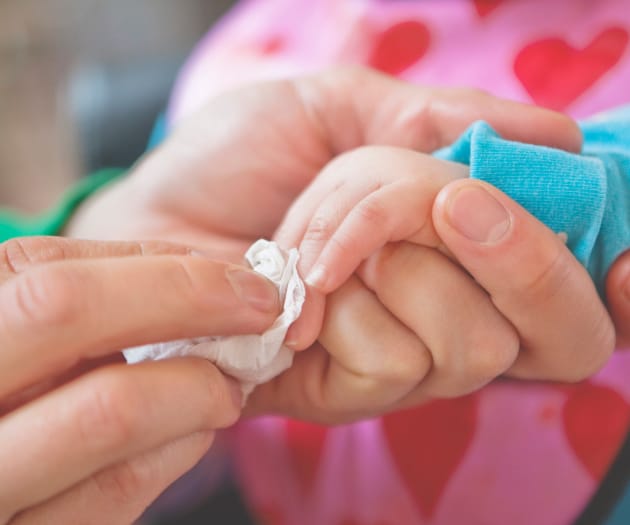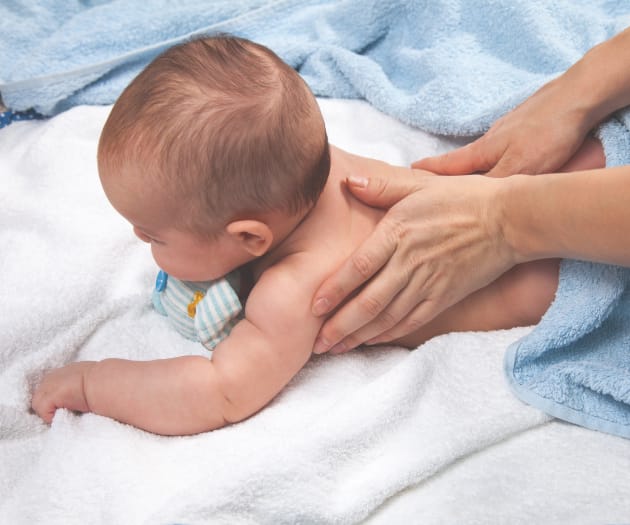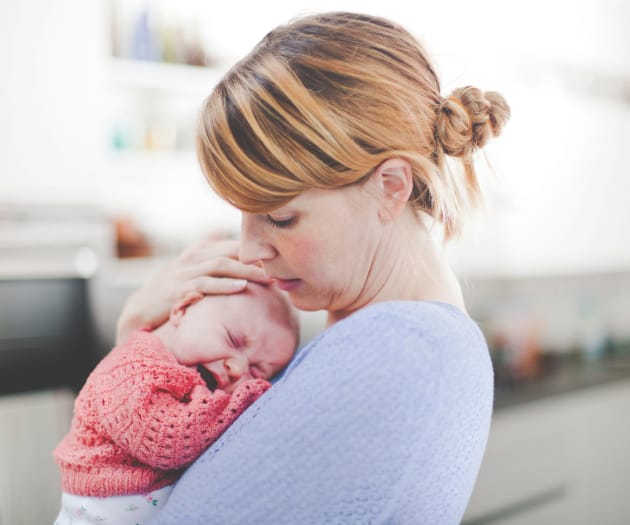Introduction
Babies have it easy! They sleep most of the day. But exactly how much and how often they wake up differs from baby to baby. One thing that is almost certain, is that your baby’s sleep patterns will be very different to yours. So, creating a baby sleep routine is important to help everyone get the rest they need. For the first 6 months your baby should be in the same room as you when they’re asleep, both day and night – you wouldn’t want it any other way though would you.
Helping your baby sleep in three steps
Step 1 – Daytime activities help get baby to sleep
- Playing, singing and laughing with your baby during the day makes them more tired at bedtime.
- Whenever possible give your baby the chance to fall asleep on their own. If you feed or rock your baby to sleep during the day, they’ll expect the same service at night which may affect your baby’s sleep patterns in the long run.
- Look out for signs that your baby is sleepy: yawning, stretching or rubbing their eyes and ears. Losing interest in toys or people is another clue that someone needs a nap.
Step 2 – Getting baby into a sleep routine
- A fed, burped and dry baby will probably be more comfortable when it’s time to sleep.
- At around three months old, the NHS suggests introducing baby’s sleep routine of calming activities
- Baths, stories and cuddles help baby learn it’s time to sleep.
- Studies show that rhythmic noises can calm babies and help them to sleep. There are plenty of ‘Sleep’ or ‘White Noise’ apps. Like this one.
Step 3 – Getting baby back to sleep
- If your baby keeps waking up at night, keep stimulation to a minimum and the lights low to help your baby sleep again.
- It's good to let your baby get used to sleeping through a certain amount of noise, so it’s ok if you can’t tip-toe everywhere!
- Learn to recognise the signs that your baby is sleepy. Then you’ll know when it’s time for the cot or Moses basket. It’s also good to know the difference between a tired baby and a hungry one. Find out more here with our responsive feeding page.
- Day and night look and sound different. Give your baby time to get used to the difference when they’re a few weeks old.
When baby won’t sleep
Research has shown that early evening is the time babies are most likely to cry and be difficult to comfort. Which might just be when you're most tired. Not great.Thankfully, the amount babies cry tends to peak around seven weeks, then gradually tail off. Read more advice on why your baby may be crying or visit cry-sis.org.uk
Nobody can do this alone, so ask for help. Speak to your Health Visitor or GP and let them know how things are going. They can give you specialised advice on helping your newborn sleep. Sleep deprivation is one of the toughest tests for new parents, so ask for support.
If your baby is bottle-fed, try splitting the night-time feeds and early morning changing with your partner. Maybe ask a friend or relative to come stay for a few days or even just an evening so you can catch up on your sleep.
We have put together a baby sleep checklist to help get baby to sleep.
When do babies start sleeping through the night?
This night will come. Every baby is different, but many babies start sleeping for longer from around six months. So there is a light on the horizon, but you won’t see much of it because you’ll be asleep. If your baby is already sleeping through, great, but not every parent is so lucky.

Midwife Live Chat
We have partnered with Epical Global giving our SMA® Baby Club members instant access to a team of expert midwives, ready to answer all your questions. The midwife team are on hand via live chat Monday to Friday, 10am – 8pm.





